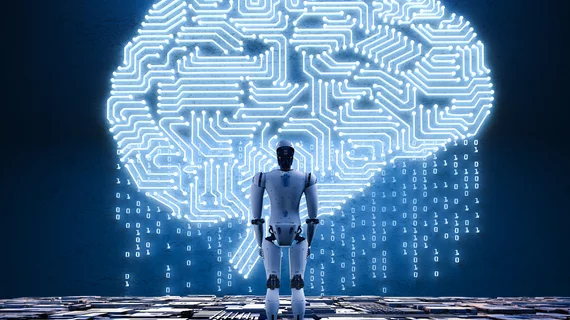The FDA faces unique challenges in approving AI software
Earlier this month the FDA announced it is developing a new framework to regulate AI in medical devices. A recent NPR report traced the development and approval of the fist AI software approved to diagnose diabetic retinopathy and examined challenges the administration may face as more software makers look to enter the market.
Approved in 2018, IDx-DR, like many AI algorithms, presented the FDA with the unique challenge of ensuring the platform could accurately work without a clinician and could be effective in patients across the globe. That required its creator, Michael Abramoff, an ophthalmologist at the University of Iowa, to test the algorithm on 900 different people at 10 various sites. He also worked closely with the FDA throughout the regulation process.
Abramoff’s algorithm is one of many the FDA will be forced to examine as AI-based medical devices begin to proliferate, according to NPR. Many of these platforms have immediate consequences for patients and continually learn and update, a unique challenge when compared to traditional medical devices, said Christina Silcox, a researcher at the Duke Margolis center for Health Policy, to NPR.
“Right now we might see an update to a medical device every 18 months," she said. "In software you might expect to see one every two weeks or every month."
Read the entire NPR report below.

